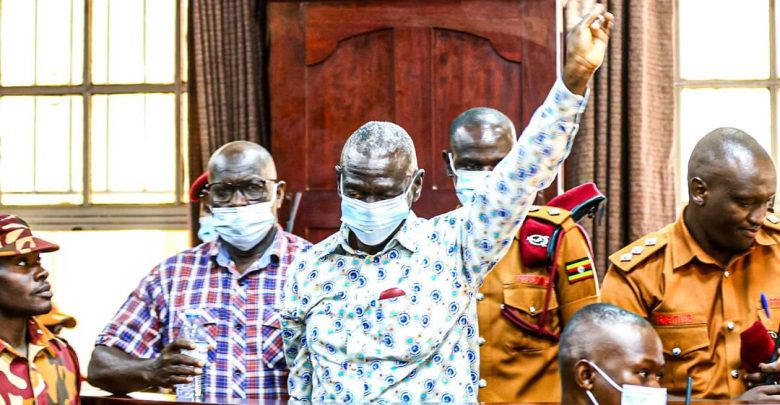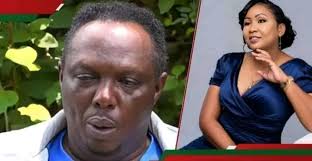Ugandan opposition leader, Col (Rtd) Dr. Kizza Besigye, and political activist Hajj Obeid Lutale have filed a constitutional petition in the High Court of Kenya, accusing Kenyan authorities of collaborating with Ugandan security forces to abduct and unlawfully extradite them from Nairobi in November 2024.
The case, which was filed under Kenya’s Constitutional and Human Rights Division, names several high-ranking Kenyan officials, including the Cabinet Secretaries for Foreign Affairs, Defence, and Interior, along with the Inspector General of Police and the Director of Immigration. The petition alleges that these officials violated Kenya’s Constitution, territorial integrity, and international law by enabling a cross-border operation that bypassed the required legal extradition process.
According to the court documents, Besigye and Lutale were in Nairobi to attend a book launch hosted by Kenyan politician Martha Karua when they were suddenly seized by armed men who claimed to be Kenyan police officers. The two activists allege they were forcibly taken to the Malaba border at night and handed over to Ugandan authorities without being informed of any charges or being presented before a court in Kenya.
“This was not an arrest; it was an abduction conducted in full knowledge of Kenyan authorities and in violation of the Extradition (Commonwealth Countries) Act,” the petitioners stated.
Besigye, a vocal critic of Ugandan President Museveni’s government and former presidential candidate, claims that after their abduction, he and Lutale were detained at Makindye Military Barracks in Kampala. They were reportedly held incommunicado, denied access to lawyers and medical care, and later charged with illegal possession of firearms allegedly found in Kenya.
Besigye’s legal team contends that the extradition process violated Kenyan law, as the Kenyan government did not seek a magistrate’s warrant or clearance from the Director of Public Prosecutions, as required by law. The petition argues that the Kenyan authorities either participated in or ignored the illegal operation entirely.
Public statements by Ugandan officials, including Col. Rafael Mugisha, Brig. Gen. Felix Kulayigye, and ICT Minister Chris Baryomunsi, confirmed that the operation was coordinated between Kenyan and Ugandan security forces.
“If I committed a crime on Kenyan soil, I should have been arrested and charged according to Kenyan law,” Besigye said in his affidavit.
The petition raises concerns over multiple violations of the Kenyan Constitution, particularly those relating to due process, personal liberty, freedom of movement, and the rule of law. The petitioners argue that their abduction and illegal extradition undermined Kenya’s constitutional protections and its territorial integrity.
The reliefs sought by Besigye and Lutale include:
A declaration that their arrest and transfer violated the Kenyan Constitution.
A ruling that the extradition was illegal, unconstitutional, and void.
A declaration that any security memorandum of understanding between Kenya and Uganda, bypassing formal extradition channels, is unconstitutional.
Affirmation that foreign nationals in Kenya are entitled to the protections of the Kenyan Constitution.
Additionally, the petitioners are seeking damages, including punitive, exemplary, and general compensation, as well as a call for the court to assert Kenya’s sovereignty and legal obligations.
The case has been complicated by conflicting statements from Kenyan officials. Initially, Kenya’s Principal Secretary for Foreign Affairs, Dr. Korir Sing’oei, denied any knowledge of Besigye’s arrest. However, Cabinet Secretary Musalia Mudavadi later contradicted this, confirming that Kenya cooperated with Uganda on the matter.
Mudavadi remarked on national television, “He came here, and there were issues, and he had to go,” when discussing Besigye’s departure from Kenya.
Besigye’s legal team argues that these contradictions point to an “unlawful, opaque, and politically motivated” operation that undermines Kenya’s rule of law and violates the rights of foreign nationals.
This legal battle is set to test the strength of Kenya’s constitutional safeguards and its regional obligations under East African Community protocols. As of now, no hearing date has been set, but the outcome could have significant implications for Kenya’s legal and diplomatic standing.



